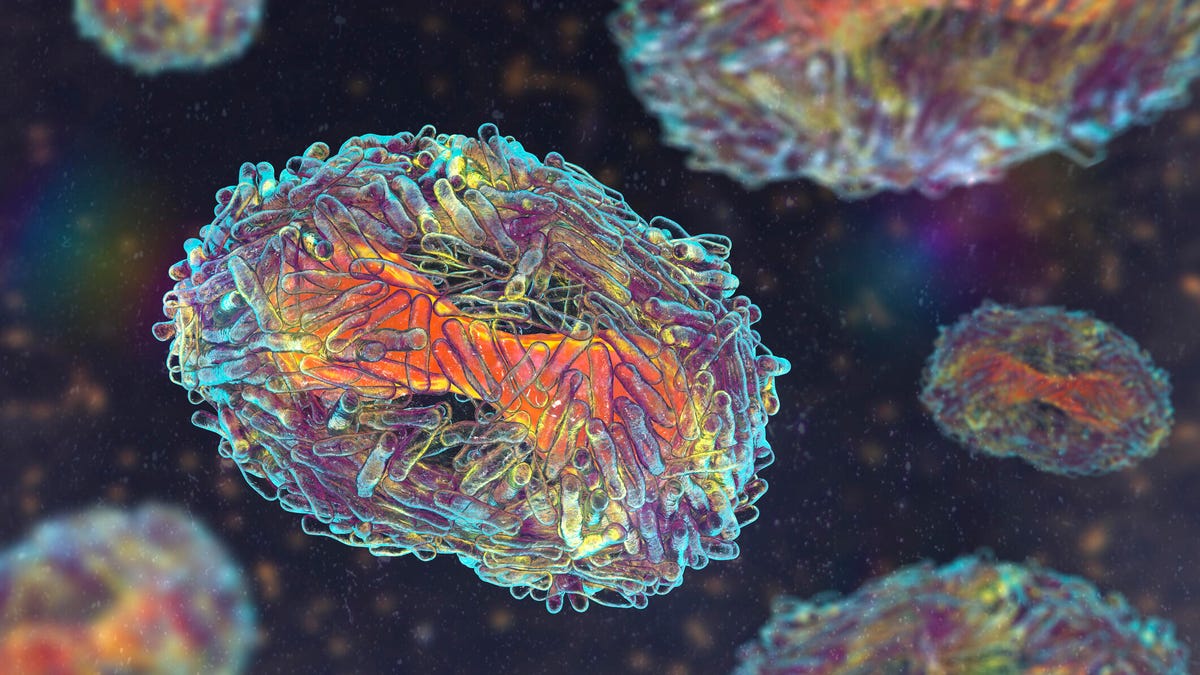US Declares Monkeypox a Public Health Emergency
Vaccines and tests for monkeypox have been hard to come by for some.

The monkeypox outbreak in the US is a public health emergency, the Department of Health and Human Services declared Thursday. The declaration will open up more funding and resources needed to respond to the outbreak, including vaccines, testing and treatments. It will also facilitate more coordination between federal, state and local officials and is expected to loosen other restrictions on health care.
"We are applying lessons learned from the battles we've fought -- from COVID response to wildfires to measles, and will tackle this outbreak with the urgency this moment demands," Robert Fenton, the White House national monkeypox response coordinator, said in a statement.
The World Health Organization in late July declared the monkeypox outbreak a global health emergency. Some cities and states in the US, including California, New York and Illinois, have put their own public health emergency declarations in place. Pressure had been mounting on the Biden administration to do the same for the US.
Monkeypox is a disease that's similar to smallpox but typically much less severe. It isn't a new disease, but cases have quickly grown this summer in countries where it doesn't normally spread. There are now more than 7,000 known cases of monkeypox in the United States, with the outbreak still ongoing.
Vaccines that work against monkeypox exist, as do some medications expected to be effective against the disease. Vaccinating people at higher risk of getting the disease, however, has been difficult because of limited supply of Jynneos, the newer vaccine being shipped out to US states.
There haven't been any deaths reported in the US, but monkeypox can be very painful for some people. Monkeypox mostly spreads from very close contact, such from sexual activity or living with someone. Currently, the vast majority of cases in the US and European countries are in men who have sex with men, though anyone can get the disease.
The fight against monkeypox should also protect the health and dignity of impacted communities, WHO Director-General Tedros Adhanom Ghebreyesus said in July.
"Stigma and discrimination can be as dangerous as any virus," Tedros said.

